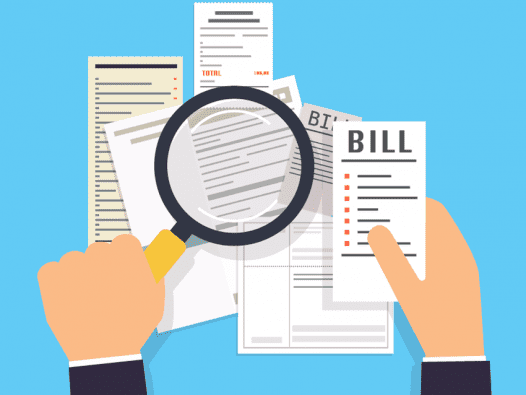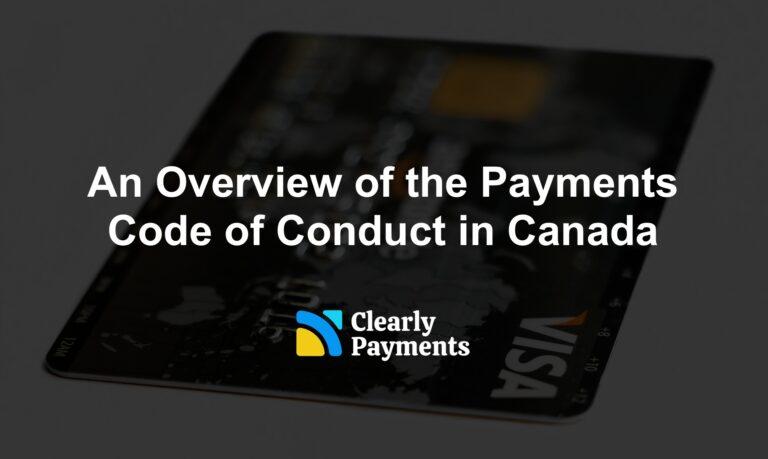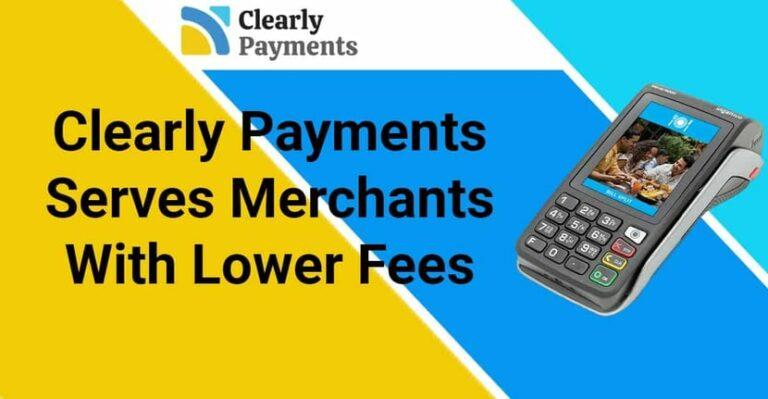Reading credit card statements is complicated. There is no standard and there are no regulations enforcing a pricing method. There is a credit card processing code of conduct, but it is not enforced because it is more of a recommendation.
We’ll take you through a few things that will help you read and understand your credit card processing statement. Keep in mind, there are hundreds of fees and many processors use their own terminology making things more difficult. This will cover only the most common fees you will see.
In addition, there are several different pricing methods that credit card processors use. The most common ones are: Interchange Differential, Interchange Plus, Tiered and Flat. If you’re new to payments, be sure to read some basics on credit card processing.
The most common fee quoted by credit card processors is the “merchant discount rate” or MDR used in Interchange Differential pricing, the most popular but not most merchant-friendly type of pricing. When you see really low rates like 1.49%, the credit card processor is quoting the MDR. You have to be aware that this is not the final rate you will pay. Paying only the MDR only happens with the basic credit cards (ie not premium, corporate, etc) and “card present” transactions (ie. not virtual terminal, online, etc.). “Card present” means the card is physically with you when you run the transaction.
When a card is not physically with you, you will get another percentage fee on top of the MDR. That is generally called the “non-qualification fee” or “non-qual fee”. Here are the most popular names used in credit card statements for the most common types of fees.
Merchant Discount Rate (MDR)
This is the base rate charged to every credit card transaction (MasterCard, Visa, Discover, Amex, Union Pay) and what they are called by different credit card processors.
“Discount Fees” by Chase categorized in “Card Type Charges”
“Visa Discount”, “MasterCard Discount” etc by First Data categorized in “Service Charges”
“Disc Rate” and “Fee Amount” by Global Payments categorized in “Discount”.
“Discount Charge” by Elavon categorized in “Credit Charge Processing Charges” and a total for each network.
“Visa Transaction, MasterCard Transactions, Discover Transaction, Union Pay Transaction” categorized in “Transaction Fees” for Moneris
“Visa Credit Rate, MasterCard Credit Rate, Discover Credit Rate, Union Pay Credit Rate” categorized in “Summary of Fees” for TD Merchant Services.
Non Qualified Rate
The non qualified rate is applied to all card not present transactions and for credit cards that are not the basic credit cards. This means any credit cards that are with rewards, corporate, travel, cash-back, etc. Here are the most popular names of the non qualified fees.
“Non-Qualifying Interchange” categorized in “Interchange Charges” for First Data.
“Non-Qualified” categorized in “Card Type Charges” for Chase
“Discount Charges” for Elavon are listed by card and include the Interchange Differential fees
“Fee Amount” by card type categorized in “Other Charges” for Global
“Visa-Non-Qualified” and “MC-Non-Qualified” categorized in “Transaction Fees” for Moneris
Differential Fee
In addition to the “non-qualified rate,” the credit card processor may charge you the difference between a consumer card and a non-qualified card. An example scenario is a Visa consumer card has an interchange rate of 1.42%, and a Visa infinite credit card has an interchange rate of 1.61%. A differential fees is paying that difference, which is 0.19%. Even though you have already paid a penalty through the “non-qualified rate”, some credit card processors will charge a Differential Fee. Here is how the differential fee is labeled with different credit card processors.
Included with “Non Qualified” fees for Chase.
Included in “Non-Qualifying Interchange” categorized in “Interchange Charges” for First Data.
Included in “Other Charges” for Global Payments although Global uses a grid for non-qualified fees that include the differential fees.
Included with “Discount Charges” and shown by card for Elavon.
Shown under “Interchange Differential Analysis” and “Interchange Differential Fee” for Moneris.
Shown under “Details of Discount Rate Adjustment Fee” and “Interchange Differential” Trans Fee” for TD Merchant Services.
Card Brand and Assessment Fees
Card brand fees and assessment fees are the fees paid to the credit card companies directly (Visa, MasterCard, Interac, Discover etc). They are sometimes referred to as “Assessment Fees” or “Network Fees” depending upon the credit card processor.
Foreign Card Brand and Assessment Fees
Fees are charged on foreign cards that you accept. So if your business is in Canada and you have a customer from USA, a foreign card brand fee will be charged. Many processors mark up this fee.
Other Credit Card Processing Fees
Here are some other possible fees that you may see in your statements:
Transaction fees are charged for each transaction. This is a dollar amount, not a percentage. This can range from $0.06 to $0.50 per transaction. There will generally always be a transaction fee of some sort.
Monthly fee or Admin Fee charged monthly. This is typically $15, but can range from $11 to $40.
Statement fee which is charged monthly. Typically $5.
“Account Maintenance” fee usually replaces the “Admin Fee” a monthly flat fee of $10.
“Batch Fee” or “Settlement Fee” charged for each settlement or batch done each month.
“Equipment Maintenance Fee” charged for each terminal monthly. This may differ depending on which terminal you use.
“Settlement & Access Fee” charged for specific transactions can be % and/or per transactions
“PCI Admin” fee charged for PCI compliance. This might be rolled into an admin fee or might be separated out.
“Refund” fee charged for each refund transaction. Sometimes just the transaction fee is used.
“Chargeback“ fees are fees when one of your customers does a chargeback. This can be anywhere from $10 to $30.
Understanding Your Credit Card Processing Fees
We know the above is complex. Get started with TCM and we’ll help you understand your credit card statements. We will help you save on credit card processing. That is our mission. We only use Interchange Plus pricing, so we pass through all the fees at wholesale to you. We don’t mark them up. Then we add a transparent service fee of 0.25%. We want all merchants to pay rates this low and save.




